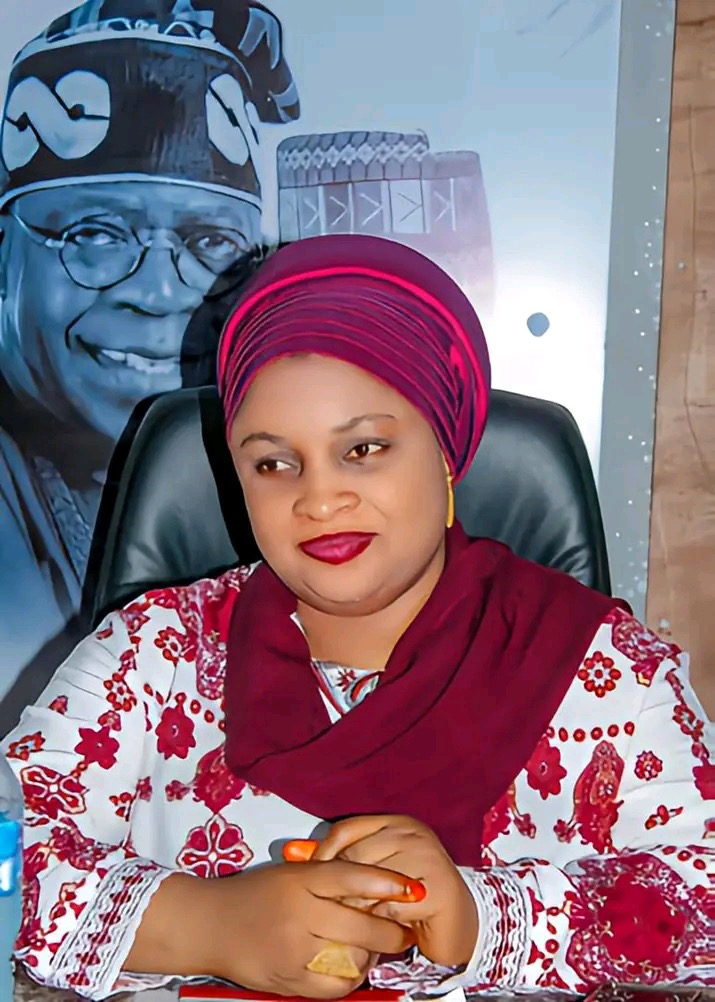President Bola Ahmed Tinubu’s first year in office has been a transformative period for Nigeria, characterized by bold policy decisions and significant economic shifts. As an observer of Nigerian politics and an advocate for progressive governance, I believe President Tinubu’s courageous leadership deserves recognition, even amid controversy and criticism.
One of the most significant and contentious decisions of President Tinubu’s administration was the removal of the fuel subsidy. This move, aimed at redirecting funds towards more productive sectors of the economy, sparked immediate backlash due to the resultant spike in fuel prices and the cascading effect on the cost of living. Critics were quick to decry the hardship imposed on ordinary Nigerians. However, it is crucial to understand that subsidy removal, while painful in the short term, is a necessary step toward freeing up resources for sustainable economic development. The funds previously used to sustain the subsidy can now be better utilized in infrastructure, education, and healthcare, laying the groundwork for long-term prosperity.
The removal of the fuel subsidy, while painful in the short term, is a necessary step toward freeing up resources for sustainable economic development.
In a similar vein, President Tinubu’s decision to end the policy of pegging the naira to the US dollar has drawn significant criticism. Allowing the naira to depreciate led to an increase in the cost of imported goods, further straining the pockets of Nigerians. Yet, this policy shift was essential to correcting economic distortions and fostering a more stable and realistic exchange rate. A market-driven exchange rate, while initially challenging, is a cornerstone of a resilient and transparent economy. This difficult but necessary adjustment underscores the administration’s commitment to implementing substantive economic reforms rather than opting for politically convenient but economically damaging measures.
Despite the initial discomfort these policies have caused, there are signs of progress that should not be overlooked. The United Nations has acknowledged the remarkable advancements made under President Tinubu’s leadership, particularly in areas of economic stability and security. This recognition is a testament to the administration’s efforts to steer Nigeria towards a more stable and prosperous future.
The deployment of a fleet of 100 electric buses not only aims to reduce Nigeria’s carbon footprint but also signals a commitment to modernizing the country’s transportation infrastructure.
Moreover, President Tinubu has demonstrated a clear vision for Nigeria’s future development. The upcoming presentation of the 2024 supplementary appropriation to the National Assembly underscores the administration’s dedication to timely and effective budget implementation. This move indicates a strategic approach to economic management, prioritizing transparency and accountability.
One of the most promising initiatives announced is the deployment of a fleet of 100 electric buses. This forward-thinking project not only aims to reduce Nigeria’s carbon footprint but also signals a commitment to modernizing the country’s transportation infrastructure. By investing in sustainable technologies, President Tinubu is paving the way for a greener and more efficient future for Nigeria.
The administration’s focus on economic reforms, debt management, and infrastructural modernization holds the promise of an expanding economy and improved living standards for Nigerians.
President Tinubu’s first year in office has been marked by bold and necessary economic decisions. While these measures have undoubtedly posed challenges, they reflect a strategic vision aimed at securing long-term benefits for the nation. The administration’s focus on economic reforms, debt management, and infrastructural modernization holds the promise of an expanding economy and improved living standards for Nigerians. It is imperative for critics to exercise patience and allow President Tinubu the opportunity to fully implement his policies. With continued support and understanding, I am confident that Nigeria will witness significant development and a brighter future under his leadership.

